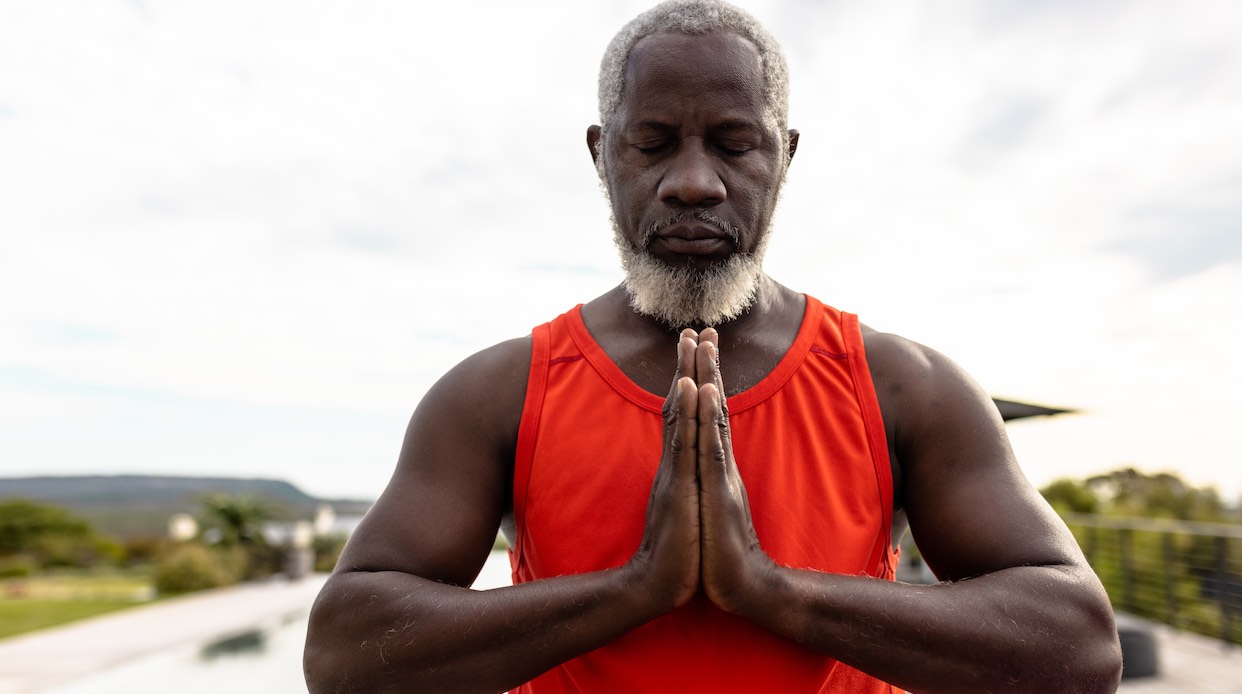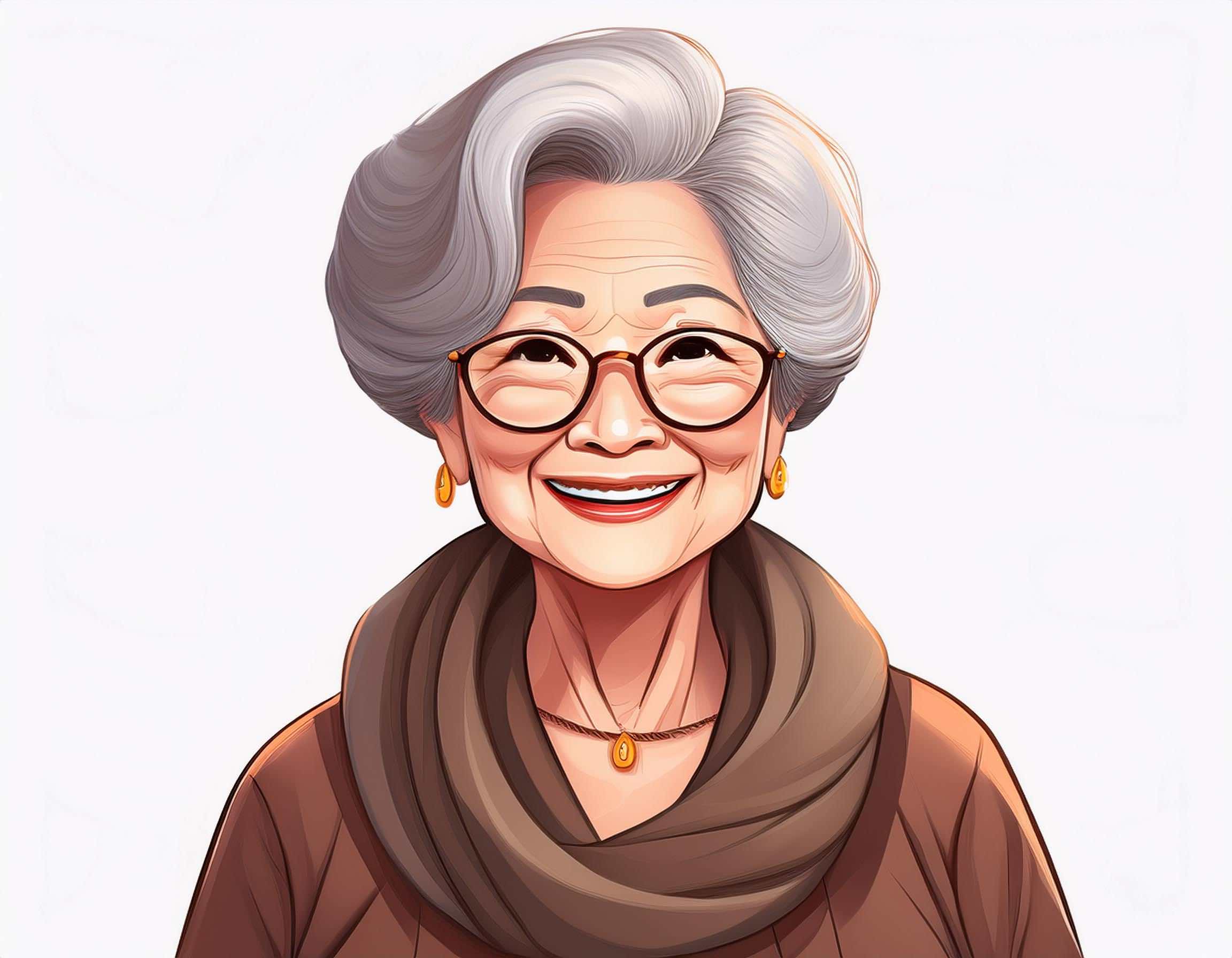
How Loving Kindness and Insight Can Illuminate Life’s Journey
Aging is often a reckoning. The ambitions that once drove us gradually give way to softer, more profound questions: What truly matters? How do we carry the inevitable losses with grace? How do we live fully in the time we have left?
Buddhism offers a roadmap for this season of life. It doesn’t ask us to escape reality but invites us to meet it with wisdom and compassion. Two practices resonate deeply with the challenges and opportunities of aging: Metta (loving-kindness) and Vipassana (insight meditation). Together, they provide tools to soften the pain of life’s sorrows and to reveal its enduring beauty.
The Power of Loving-Kindness
Metta, or loving-kindness, isn’t the fleeting affection of a warm memory or a sentimental gesture. It’s unconditional goodwill—a wish for all beings, including oneself, to find peace and ease.
Metta can be a healing balm and a quiet revolution for seniors. Aging often brings challenges: the loss of loved ones, physical limitations, and the unsettling feeling of becoming invisible in a society that worships youth. These experiences can harden the heart if left unchecked, but Metta offers another path of gentle openness.
The practice begins with oneself—finding a quiet moment and silently repeating simple phrases:
- May I be happy.
- May I be healthy.
- May I be safe.
- May I live with ease.
For some, especially those who’ve spent a lifetime caring for others, this can feel unnatural, even self-indulgent. But Metta reminds us that kindness starts within. Only by tending to our hearts can we truly extend love to others.
As the practice deepens, you expand the circle outward. Start with someone you love, then a friend, then a neutral person. Eventually, include those you find difficult. Imagine offering Metta to someone who frustrates you—a caregiver who seems impatient or a family member who doesn’t call as often as you’d like. This isn’t about excusing hurtful behavior but freeing yourself from the weight of resentment.
Metta is like tending a garden. With time and care, the seeds of goodwill grow, and the fruits nourish you and those around you. It’s a profound act of defiance in a world that often pulls us toward anger or despair.
Insight Meditation: Seeing Clearly in Life’s Autumn
While Metta nurtures the heart, Vipassana sharpens the mind. Sometimes called insight meditation, Vipassana is about seeing things as they are. It offers seniors a way to meet life’s changes—not with fear or denial but with understanding and grace.
Aging forces us to confront impermanence. The body changes, the mind slows, and losses accumulate. Vipassana doesn’t sugarcoat these realities but shows us how to approach them with curiosity instead of resistance.
The practice begins with Sitting quietly and focusing on your breath. Notice its natural rhythm—rising, falling, and pausing. Soon, other sensations will arise, such as a backache, a bird singing, or a swirl of thoughts. The goal is not to silence these distractions but to observe them without judgment.
Vipassana teaches that suffering comes not from pain but from our reaction to it. Aches, worries, or grief will arise, but when we stop fighting them or clinging to “what was,” we discover a surprising freedom. This is the gift of insight: seeing clearly, even when uncertainty clouds life.
Aging as a Spiritual Practice
In Western culture, aging is often framed as a battle—against wrinkles, frailty, and time itself. But Buddhism offers a radical alternative: aging isn’t a problem to solve but a spiritual path to walk.
Metta and Vipassana help transform the challenges of aging into opportunities for growth. When the body aches, Metta teaches compassion for yourself. When loneliness arises, Vipassana invites you to meet it with equanimity. These practices don’t promise to erase life’s difficulties but reveal that even hardship can hold wisdom and meaning.
The Buddha often spoke of aging and mortality—not to instill fear but to inspire urgency. “Do not squander your time,” his teachings seem to say. For seniors, this wisdom resonates deeply as each day becomes an invitation to live with intention.
How to Begin
Incorporating Metta and Vipassana into daily life doesn’t require hours on a meditation cushion. Start small and build gradually:
- Practice Metta for five minutes each morning. Repeat phrases of loving-kindness for yourself, then extend them to others. Let this practice set the tone for your day.
- Bring mindfulness to everyday tasks. Washing dishes, walking, or waiting in line can become opportunities for Vipassana. Notice the sensations, thoughts, and emotions that arise. Simply observe them.
- Find a community. Many Buddhist groups welcome practitioners of all ages, and online communities can provide support if local options aren’t available.
Remember, there’s no “right” way to practice meditation. It isn’t about perfection but about showing up—again and again—with an open heart and a curious mind.
Overcoming Challenges
Meditation can be challenging, especially for seniors. Physical discomfort might make sitting still on a floor or pillow tricky, while self-doubt or impatience can cloud the mind. Adjust the practice to suit your needs: Sit in a chair, lie down, or take mindful walks if you are uncomfortable.
Above all, approach the process with kindness. Progress isn’t measured in perfect meditation sessions but in moments of clarity, no matter how fleeting.
A Legacy of Kindness and Wisdom
As we age, questions of legacy naturally arise. What will we leave behind? Buddhism offers an answer that transcends material wealth or achievements. When we cultivate Metta and Vipassana, we create a legacy of love and clarity—a gift that ripples outward, touching everyone we encounter.
Think of the elder whose presence radiates warmth, whose kindness seems to flow effortlessly. That is the fruit of Metta. Or the one who listens deeply and responds with wisdom. That is the gift of insight. These qualities are not only a blessing to us but to the world.
A Gentle Revolution
In a society obsessed with youth, seniors who embrace aging as a spiritual practice are quiet revolutionaries. They show that aging isn’t a decline but a deepening—a time to grow in love and understanding.
So, find a quiet corner. Sit. Breathe. Begin the practice of loving-kindness and insight. These tools are not solely about adding years to life but life to years, infusing even life’s simplest moments with meaning. And isn’t that the legacy we all hope to leave?
[The Dharma of Aging]










